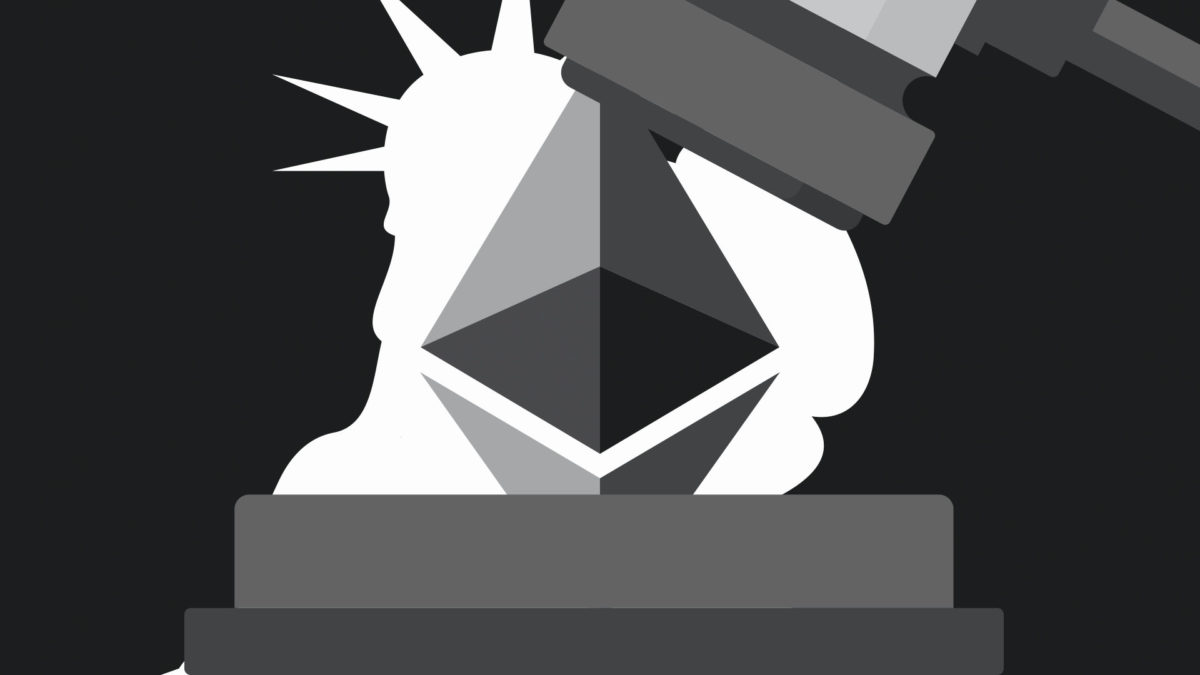Is ether a security? New York’s Attorney General thinks so

The New York Attorney General (NYAG) has alleged that TerraDollar, Luna, KuCoin Earn, and ether are securities in a lawsuit filed against KuCoin.
A New York-based detective was able to create a KuCoin account, fund it with ether, trade for tethers, Luna, and TerraDollars, and take advantage of KuCoin’s Earn product all while in New York.
The NYAG alleges that these tokens, including ether, are securities under New York state’s Martin Act “because they represent investments of money in common enterprises with profits to be derived primarily from the efforts of others.” This standard is very similar to the Securities and Exchange Commission’s (SEC) judicial Howey Test.
For ether the NYAG specifically cites the fact that the Ethereum Foundation and the founders retained a portion of the sale proceeds from the ICO. It also points to Ethereum Foundation representations which suggested ether could become more valuable, and highlights Buterin and the Foundation’s efforts to advance Ethereum’s transition to Proof-Of-Stake (POS).
Read more: Arbitrum and Optimism: Two protocols control 80% of all Ethereum Layer 2 TVL
It also seems to suggest that because staking allows for holders to directly profit thanks to holding the asset, it may be a security.
Similarly, for Luna and TerraDollar the NYAG points towards promises of value increases, a centralized team driving improvements, and the team benefitting from the original sale.
The NYAG argues that because KuCoin offered these various security products, it should have registered as a broker or dealer in New York before offering these to New York residents.
The NYAG wants to prevent KuCoin from continuing these activities in New York. It also wants to identify all New York individuals it served, to account for and disgorge all the fees it earned from these users, and to block New York customers in the future.
For more informed news, follow us on Twitter and Google News or subscribe to our YouTube channel.
